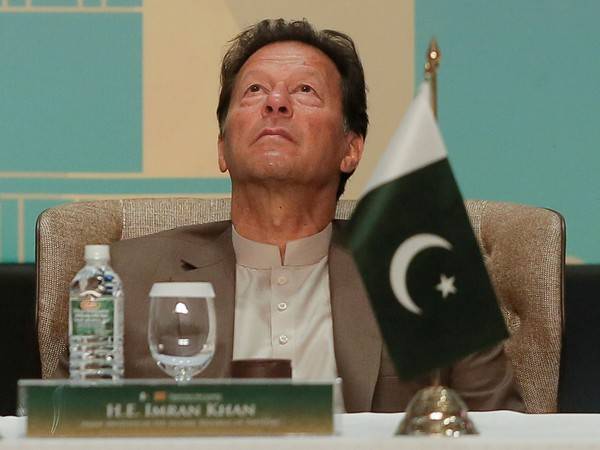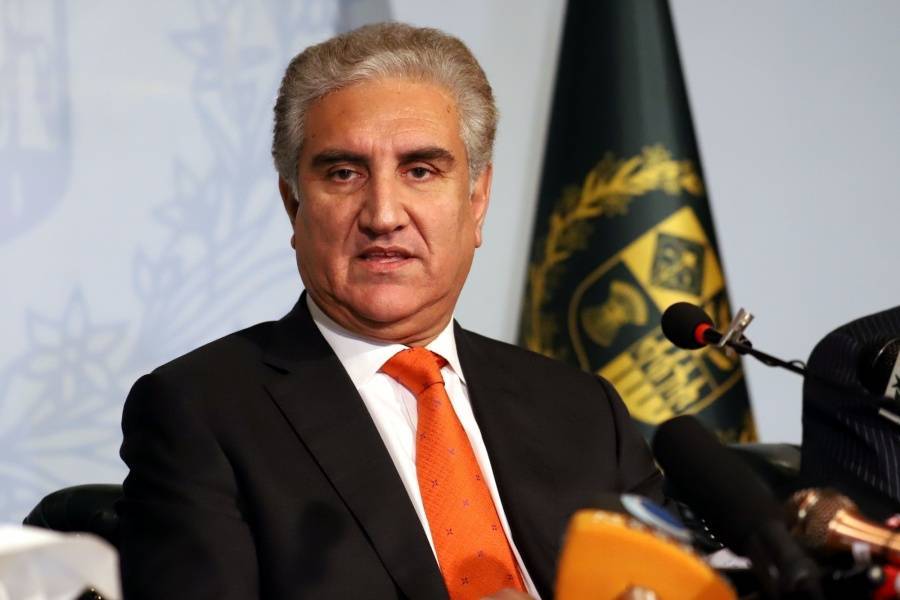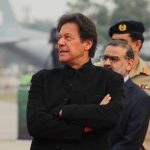Depreciating Pakistan’s currency PKR (Pakistan Rupee) and continuing high inflation rate are viewed as the immediate factors affecting returns for foreign investors…reports Asian Lite News
Pakistan’s economic progress appears to be at stake due to economic stagnation with Imran Khan-led Pakistan Tehreek-e-Insaaf (PTI) government’s failed efforts to increase foreign direct investments.
According to a report by the State Bank of Pakistan (SBP), FDI inflow to Pakistan decreased by 30 per cent to USD 1.39 billion during July-March (FY 2020-21) against USD 2.15 billion for the same period in the previous year, reported The Singapore Post.
The drop is an indication of the country’s deteriorating business climate for investments including for the telecommunication sector. However, the Pak government blamed the overall weak global trends for the tepid FDI inflows.
Depreciating Pakistan’s currency PKR (Pakistan Rupee) and continuing high inflation rate are viewed as the immediate factors affecting returns for foreign investors, reported The Singapore Post.
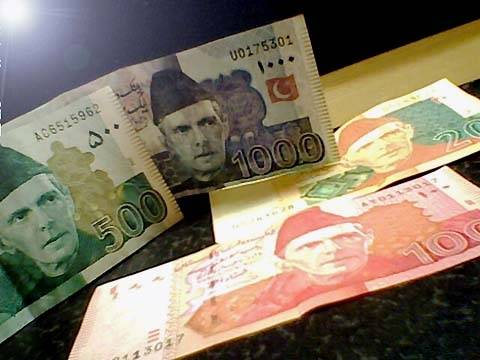
The value of PKR has plummeted to around Rs 177.49 against USD by December 2021 from Rs 123 in August 2018, a depreciation of over 44 per cent since the current PM took over administration.
PKR is among the world’s worst-performing currencies in recent times and has depreciated with respect to all major currencies of the world. Inflation also rose from 5.65 per cent in January-2021 to 12.3 per cent in the month of December in 2021.
Pakistan’s inconsistent economic growth rate, rising debt payments, a balance of payment crisis, increasing country’s current account and fiscal deficits and poor security scenario have also impacted foreign investor’s confidence, reported The Singapore Post.
The country’s terror financing and anti-money laundering laws are also still not compliant with international standards. Further, political instability and constant imbalance in civil-military relations too discourages foreign investment.
The FATF’s (Financial Action Task Force) listing of Pakistan in grey list intermittently also resulted in a USD 38 billion economic loss coupled with stringent domestic tax and interest rate policies, contributing to deteriorating business interests for overseas investors, reported The Singapore Post.
The US Department of State, in its 2021 Investment Climate Statement on Pakistan noted that Pakistan remains a challenging environment for investors with FDI declining by 29 per cent in the first half of FY 2021 against the same time period in FY 2020, despite having a relatively open formal regime, reported The Singapore Post.
Compared with the regional competitors, it attributed the declining trend to unpredictable security situations; lengthy dispute resolution processes; poor intellectual property rights enforcement; inconsistent taxation policies; and lack of harmonization of rules across provinces, reported The Singapore Post.
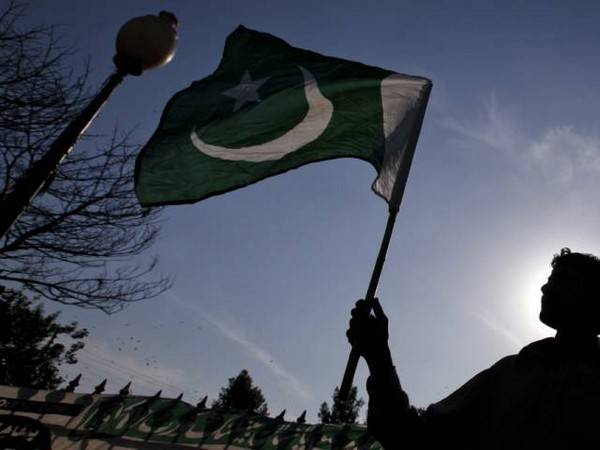
Interestingly, Pakistan’s ‘all-weather/iron friend’ China is also wary of the present business climate in the country. China has been the largest investor in Pakistan for several years. However, Chinese FDI inflow during July-March (FY2020-21) had declined to USD 650.8 million compared to USD 859.3 million during the same period for the previous year.
China’s reluctance for investing in the Phase-II of the China-Pakistan Economic Corridor (CPEC) construction project can be seen in the backdrop of emerging differences between the two countries over the USD 6.8 billion worth of railway project. It was also attributed to the increased debt burden of Pakistan, corruption in the CPEC authority & Chinese companies residing in Pakistan, as well attempts to expand military control over the CPEC projects, reported The Singapore Post.
The adverse business climate also impacted Pakistan’s other indicators. The current government nearly doubled its foreign debt in just three years, adding USD 35.1 billion to bring the total to USD 85.6 billion as of June 30, 2021. (ANI)


